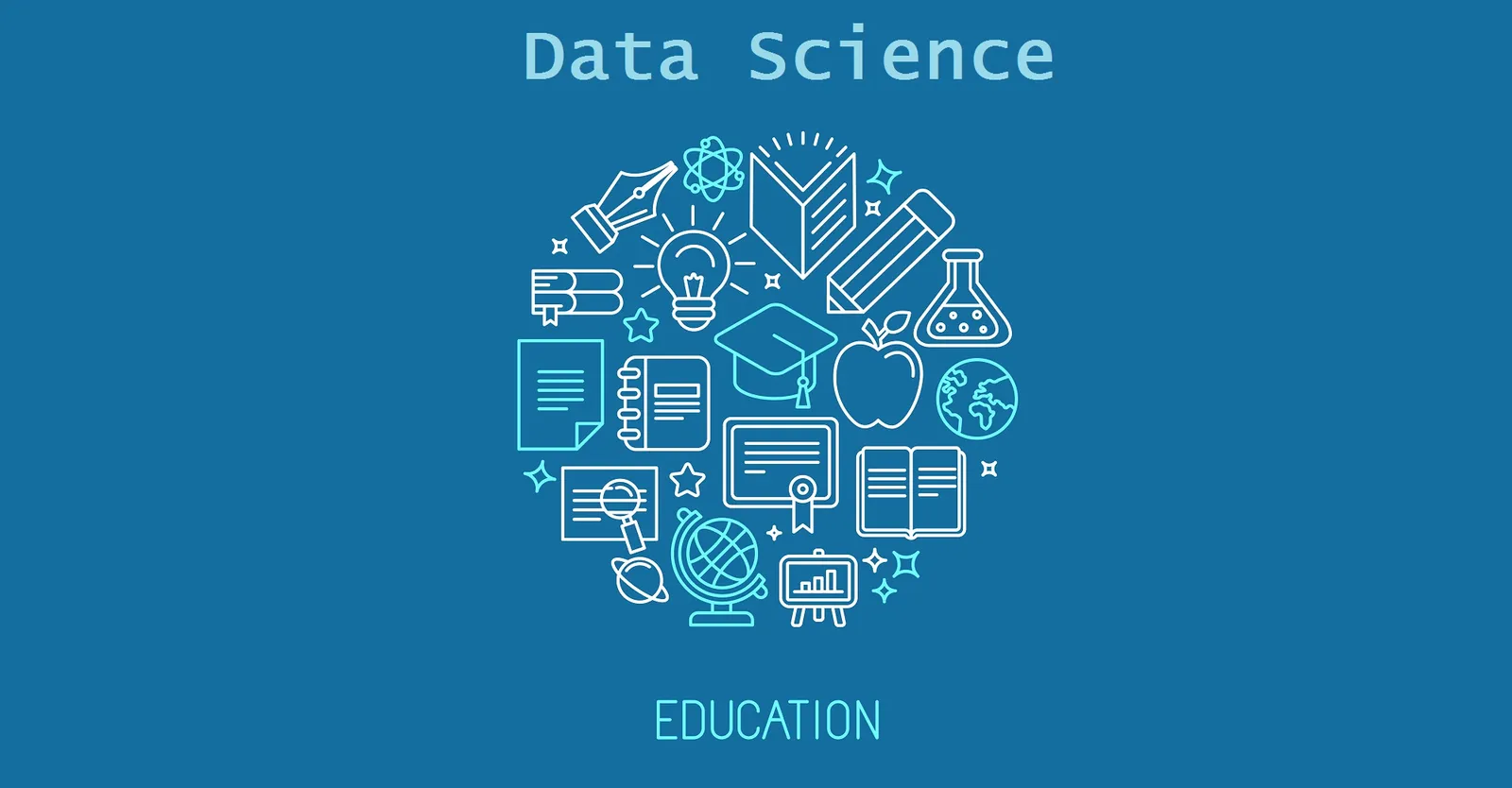Chess and data science have a lot in common. Some seemingly surface-level parallels include imposter syndrome and a feeling of powerlessness in the face of overwhelming complexity and indecision, all on top of a time crunch.
If we look closer, though, these upfront similarities belie truly deeper parallels between fields. These types of experience don’t often come from light-hearted hobbies: frustration, complexity, despair, ecstasy, confusion, pride, and understanding are the earmarks of a pursuit which wholeheartedly consumes the practitioner for the duration of the activity and beyond, and the lifetimes and books devoted the study of chess or data science demonstrates the intensity of experience which belongs to both.
Of course, much of what we call ‘data science’ has historically been plain old statistics, though admittedly without the furor of _machine learning _or _deep learning, _and experienced data scientists know all too well that often A/B testing, or two-sample hypothesis testing, can provide far more value and intelligible insight than neural networks.
This is a good entry point into the main fundamental parallel between chess and data science, which is that in either category, experience, pattern recognition, and intuition are driving factors of success. It is fairly well-established that chess grandmasters, in particular, are successful by virtue of their deep pattern-recognition attained through elongated and intensive experience. While the exact explanatory aspect of pattern recognition is unclear (since young grandmasters with only a couple of decades of experience can win over older grandmasters with lifetimes of experience), it is clear that chess is strangely more Bayesian than it may initially appear, especially in the context of **falsely algorithmic attitudes **surrounding chess skill.
#data-science #chess #modeling #philosophy
